As Vladimir Putin orchestrates one atrocity after another, Western governments are happy to turn a blind eye
As Russian President Vladimir Putin orchestrates one atrocity after another, Western governments appear happy to turn a blind eye.
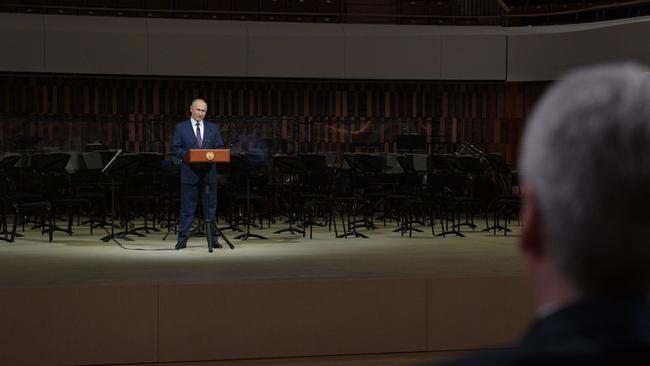
Alexei Navalny was not impressed by Britain’s response to the attempted murder of Sergei Skripal in Salisbury in 2018. Expelling Russian diplomats was just what Moscow expected and would achieve little, he told me.
To his own misfortune, Navalny has been proven right. As he lies comatose in a Berlin hospital after being poisoned with novichok, we again have been confronted with the brutal reality of a malevolent state’s use of chemical weapons against its foes. Once again, European governments are wondering what to do - and whether to expel Russian diplomats.
Perhaps this time we should listen to Navalny. When I met him in Moscow shortly after the Salisbury attack, he told me the best way to pressure Vladimir Putin would be to target the president’s cronies in London. They had “bought” their way into a corrupt British Establishment to create “a kind of perverted high society”, he said.
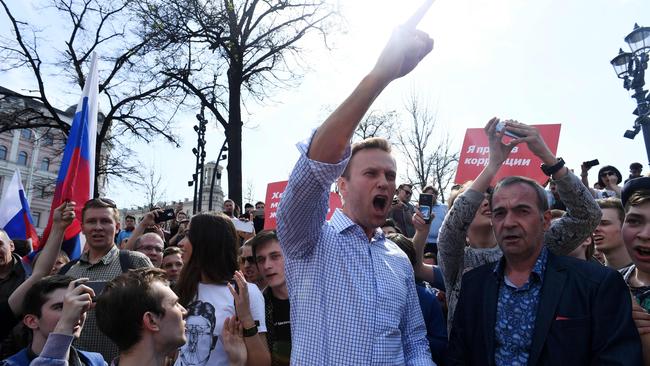
Making Putin’s “Londongrad” Russians pay for his crimes - preventing them from using property, banks and public relations firms to launder their ill-gotten rubles and reputations - would quickly poison their appreciation of the Kremlin, Navalny reasoned. Hit them where it hurts, he suggested: why not revoke visas for the children of corrupt officials, so they can no longer attend British schools and universities? “It’s about their families,” he told me.
I was reminded of his words while on holiday last month in France, when I attended a weekend birthday party at the home of French friends. Among the guests was a softly spoken Russian professor who teaches at a prestigious French grande ecole.
Vladimir (not his real name) and his wife, whose work in the art world had brought them into contact with our hostess, moved to France two years ago. They were originally from Siberia, the focus of a recent wave of anti-government protests and where Navalny, Putin’s chief political opponent, fell ill after drinking a cup of tea in an airport departure lounge.
At first reserved, Vladimir told me that his daughter had been offered a place at a top British university and so the family were moving to London in the autumn to be together. Then, as the wine flowed, we got onto politics. Vlad became slightly more animated.
No, he objected, it was not proven that Russia had tried to kill Skripal - it might have been “enemies of Russia” trying to make the Kremlin look bad. No, Russia had not shot down a civilian airliner over eastern Ukraine in 2014. That was “fake news” put about by the West to attack the Kremlin. It was obvious, he insisted, that Ukraine had shot down the plane. What about Russia interfering in America’s presidential election? I pointed out that several Russians had been indicted for this in America. “Nyet,” he replied. This was simply more “Russophobia”.
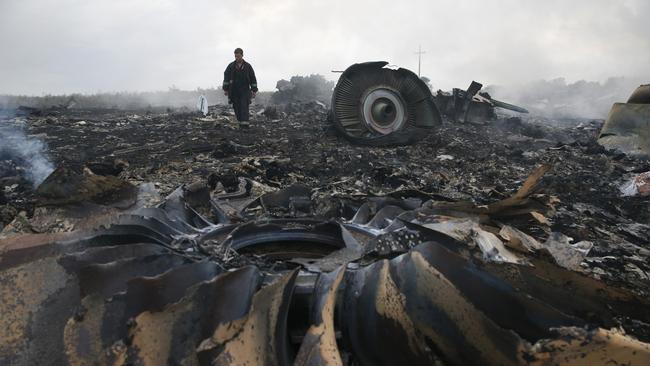
I had thought at first that he and his wife might be Siberian opponents of the regime, who had been offered a safe haven in the West, like many dissidents going back decades. Instead - and for the first time outside Russia - I found myself talking to someone who sounded uncannily like a Kremlin spokesman. I wondered if one of his relatives was being held hostage back home or if he was being paid for his defence of the indefensible. Otherwise, his truth-denying cheerleading for such a sinister regime seemed incomprehensible.
I am no “Russophobe”. I lived in Russia as a correspondent for The Sunday Times between 1992 and 1995 and made many friends there amid the chaotic aftermath of communist rule. I have often been back and have observed how the government is in many ways reminiscent of the thuggish totalitarianism it replaced.
Some of my friends in Moscow would like to give Putin the benefit of the doubt: Navalny, they argue, had many potentially dangerous enemies because of his energetic anti-corruption campaign, which has involved flying drones over the properties of kleptocrats to expose their luxurious lifestyles.
But he is such a high-profile figure that no one would dare try to kill him without at least a nod from the boss, a former KGB colonel who recently strengthened his already powerful grip over Russia with a constitutional amendment designed to let him keep power for life. Putin has orchestrated one atrocity after another - even on British soil. But successive UK governments have seemed happy to look the other way, starting with the murder of Alexander Litvinenko, the KGB defector, who suffered an agonising death in London in 2006 after drinking a cup of tea laced with polonium. As Sir Robert Owen pointed out in his report on the Litvinenko murder, Whitehall did its utmost to block a public inquiry.
More recently, a parliamentary report concluded rich Russians in London had invested considerable sums in “extending patronage . . . across a wide sphere of the British Establishment” and that “few questions - if any - were asked about the provenance of this considerable wealth”. The report was presented to Boris Johnson in October. He delayed its release until July.
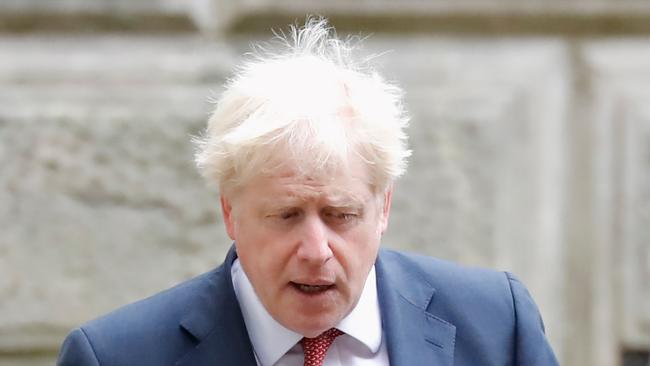
Then, with supreme contempt for its findings, he bestowed a peerage on his friend Evgeny Lebedev, the Russian-born owner of the Evening Standard newspaper, whose father - a London-based former KGB agent who has good relations with Putin - said last year: “It wasn’t the Russian people who poisoned Skripal. It was just a few guys.”
There have been positive developments. The government has adopted the Magnitsky legislation, which barred from Britain 25 Russians accused of involvement in the murder of Sergei Magnitsky, a lawyer beaten to death in a Russian jail. But as I watched Vladimir drive away in a gleaming Mercedes convertible, I could not help but wonder if Russia had already won the battle to undermine the West and its institutions - not with military might, but by soft power from within.
@MCinParis
The Times

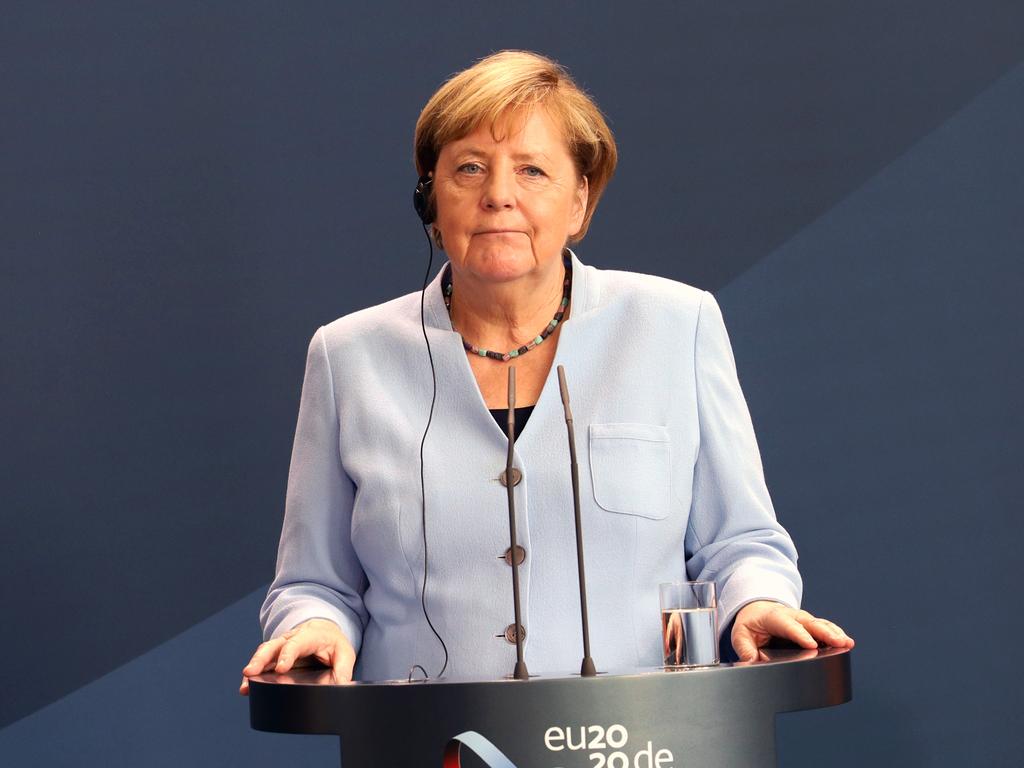
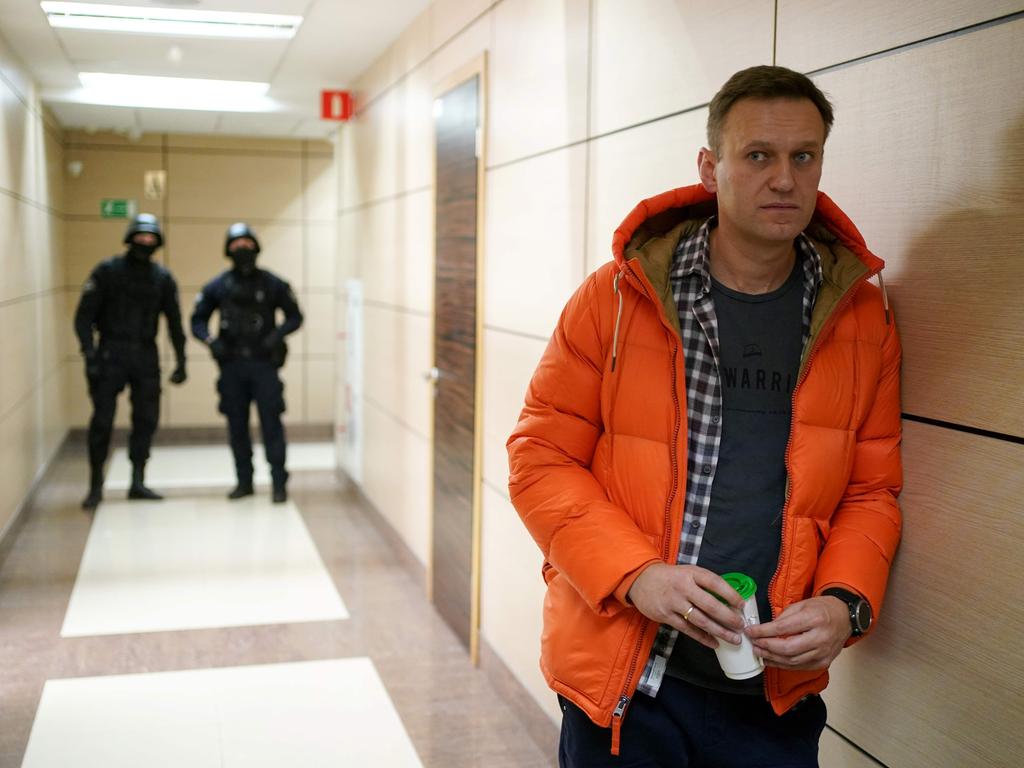
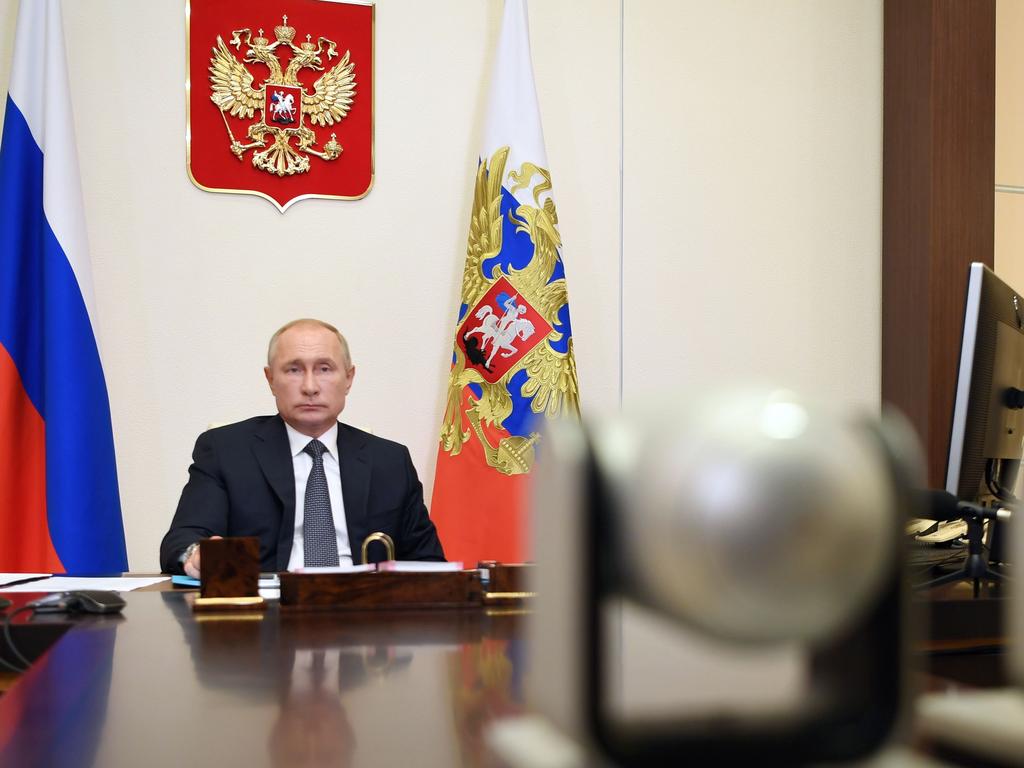
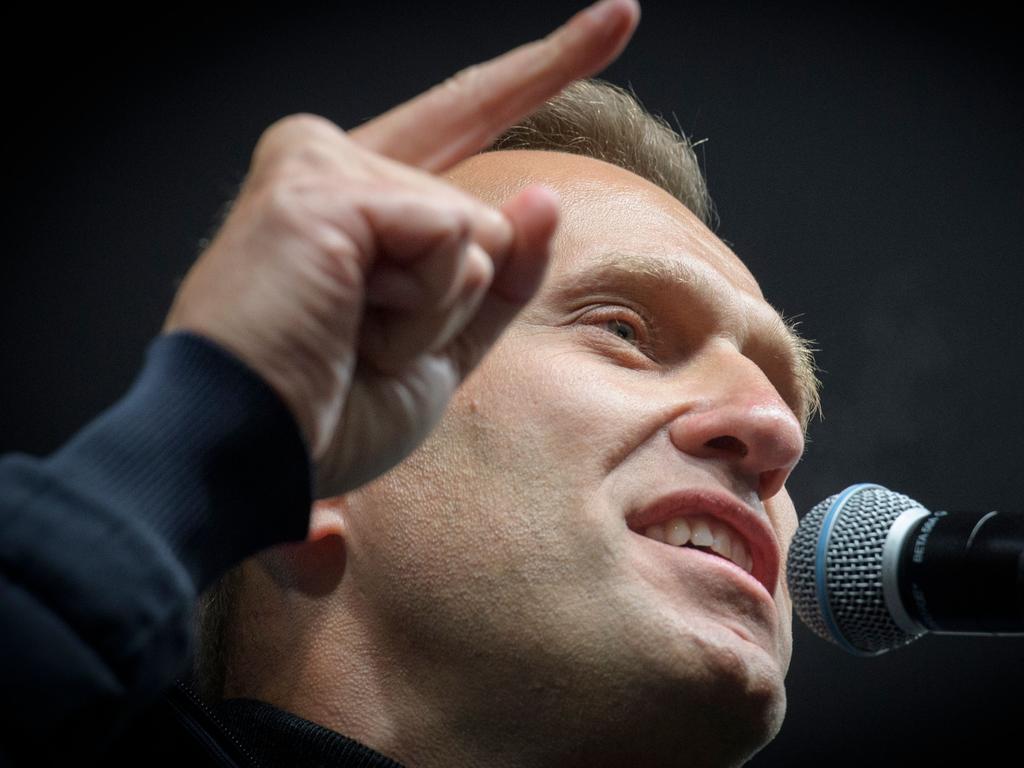


To join the conversation, please log in. Don't have an account? Register
Join the conversation, you are commenting as Logout